(CLO) The collapse of President Bashar al-Assad's regime led to the formation of a transitional government , bringing a new future to the Syrian people. Currently, the international community is interested in how the victorious forces will share power, including the role of the Kurds in Syria.
Kurds want a place in transitional government
According to The Wall Street Journal (WSJ), the Kurdish armed forces in Syria, the core of the pro-US Syrian Democratic Forces (SDF) alliance, want to start negotiations with the new government in Damascus to discuss the role of the Kurds in the country's political process after the overthrow of President Bashar al-Assad. To achieve this goal, SDF commander Mazloum Abdi has called on the Washington administration to facilitate a potential dialogue in the future.
The SDF currently exercises control over what is known as the Rojava Autonomous Administration in northeastern Syria, covering just over 47,000 square kilometers. The local constitution states that the territory was created at the height of the civil war in 2012 “as part of the federalization of Syria,” creating a democratic-ecological civil society environment in the Middle East, with the goal not of establishing a state, but of abolishing the state form and all its hierarchies.
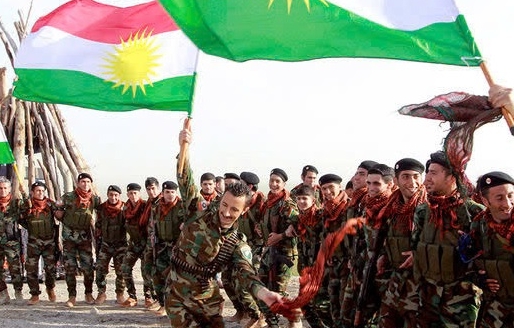
Kurdish fighters. Photo: internet
The efforts are not to become an independent Kurdish state without a union of member states, but to develop a self-governing community administration through community-based grassroots organization and without touching national borders. The ideology of this political stream is liberal communitarian ideology.
According to commander Mazloum Abdi, the Syrian Kurds intend to achieve decentralization in Syria. In addition, as the WSJ notes, the Kurds want representation in the new government, as well as the integration of the Kurdish armed forces into the Syrian army. Kurds are the second largest ethnic group in Syria after Arabs. According to various estimates, the Kurds make up about 12% (of the 20 million people before the civil war).
Commenting on Mazloum Abdi's message, US Secretary of State Blinken said the White House is consulting with Hayat Tahrir al-Sham (HTS) leaders on the future of a transition period, but it is too early to outline a specific outline.
Unlike other opposition groups in Syria, during the civil war, the Kurds in Syria did not fight government forces but focused their attention on the fight against the self-proclaimed Islamic State (IS) terrorist organization.
But since the escalation of hostilities on November 27, the SDF also launched an unsuccessful attack on Aleppo, and on December 6, they captured the eastern city of Deir ez-Zor from the Damascus government, which was then handed over to Arab opposition armed units on December 12.
Syrian Kurds also welcomed the overthrow of the Assad regime. Days after the Assad regime was overthrown, Kurds hung the “independence flag” used by the Syrian opposition during the civil war over all government buildings in Rojava. Then on December 8, HTS leader Abu Mohammed al-Julani called the Kurds “part of the Syrian homeland and partners of Syria in the future.”
Conflicts between parties
According to RIA Novosti, SDF representative Abdelsalam Ahmad said that after the change of power in Syria, IS militants took advantage of the chaos to become more active in the northeast of the country. Mr. Abdelsalam Ahmad also called on the international community to support the SDF, which Ahmad noted has played “one of the decisive roles in the fight against terrorism”.
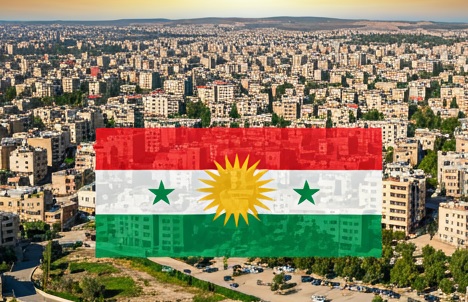
Illustration: AI
The biggest problem for the Kurds today is the hostility of Türkiye, which sees them as linked to the Kurdistan Workers’ Party (PKK), which Ankara wants to destroy. For Ankara, the presence of IS, which the Kurds have cited as “just an excuse for this force to gain a foothold in the new government in Syria”.
Turkish Defense Minister Yashar Guler said he saw no signs of a resurgence of IS in Syria, as “no one has heard of their attacks” in the Arab Republic in the past three years. The real security threat, he said, was posed by the Kurdish group, the People’s Protection Units (YPG), which is part of the SDF. Ankara views the YPG as a continuation of the PKK, which it has been fighting for decades.
According to Kirill Semenov, an expert at the Russian International Affairs Council, Damascus is theoretically ready to grant autonomy to the local Kurds, but not in the current form of administration and only in areas where the Kurds live in concentration. This autonomy will not resemble the Iraqi Kurds in form, because, unlike Iraq, in Syria the Kurds live intermingled.
According to Iqbal Durre, an expert at Moscow State Linguistic University, the Kurds in Syria want to reach an agreement with Damascus to protect their rights in the country during a period of military stability and the looming threat from the Syrian National Army (SNA), which is backed by Türkiye. During the escalation, under pressure from the SNA rebels, the SDF was previously forced to leave the land of Tel Rifaat and eastern Aleppo.
Iqbal Durre said Ankara was determined to exclude the SDF and YPG from any future participation in the Syrian government. “Success will depend on how much the US supports the Kurds in resolving this issue amid the uncertainty after Donald Trump arrived in the White House.
So far, Washington is negotiating with Ankara on this issue, but currently Türkiye's position prevails in the conflict in Syria,” expert Iqbal Durre explained.
Another obstacle to resolving the Kurdish issue is the ideological incompatibility between the SDF and HTS. In addition, there are also disagreements and conflicts of interest between the extremist and moderate Islamists who currently control Damascus.
Although these differences are not as acute as in the confrontation with the Assad regime, this does not mean that new contradictions and conflicts of interest will not arise between the parties. Therefore, it is too early to talk about pacifying Syria after the Assad era.
Ha Anh
Source: https://www.congluan.vn/tuong-lai-cua-nguoi-kurd-trong-viec-chia-se-quyen-luc-o-syria-thoi-hau-assad-post325957.html


![[Photo] Prime Minister Pham Minh Chinh receives Country Director of the World Bank Regional Office for Vietnam, Laos, Cambodia](https://vphoto.vietnam.vn/thumb/1200x675/vietnam/resource/IMAGE/2025/5/15/2c7898852fa74a67a7d39e601e287d48)

![[Photo] National Assembly Chairman Tran Thanh Man meets with Thai Prime Minister Paetongtarn Shinawatra](https://vphoto.vietnam.vn/thumb/1200x675/vietnam/resource/IMAGE/2025/5/15/e71160b1572a457395f2816d84a18b45)






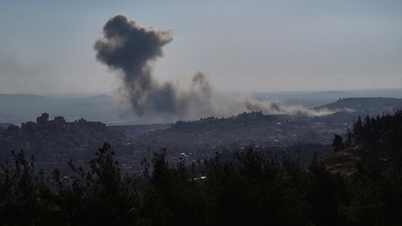
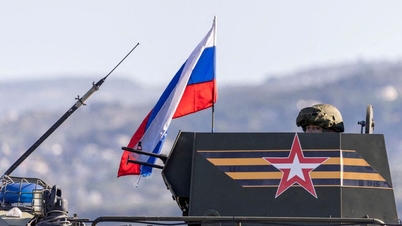
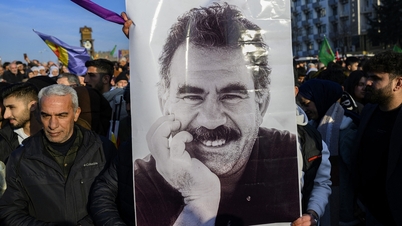



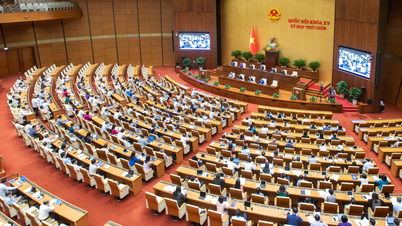

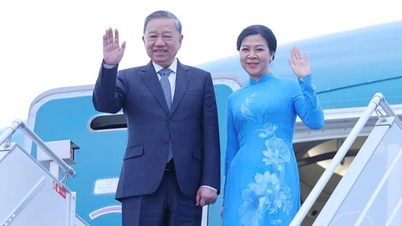


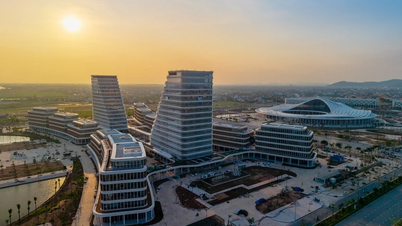



















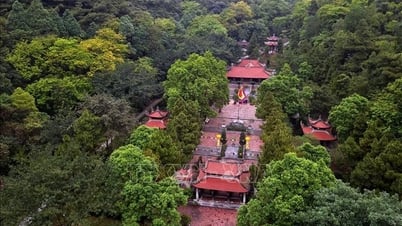



























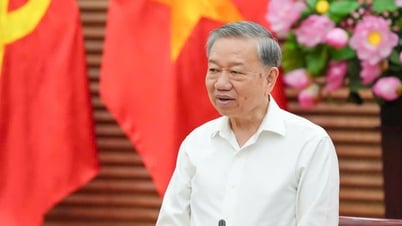
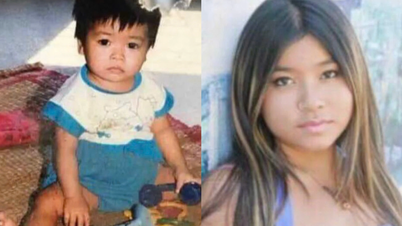

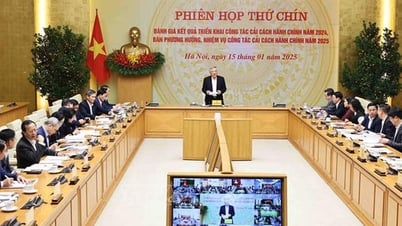

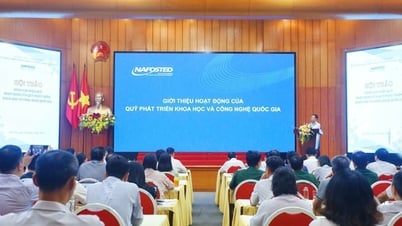

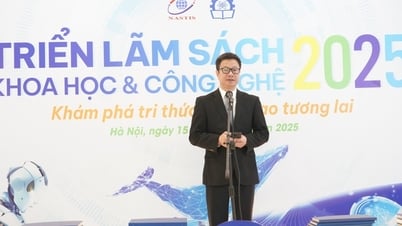

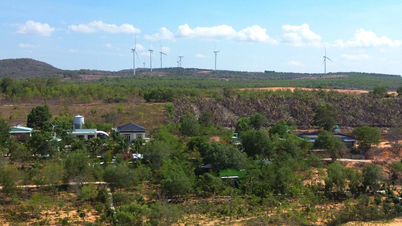

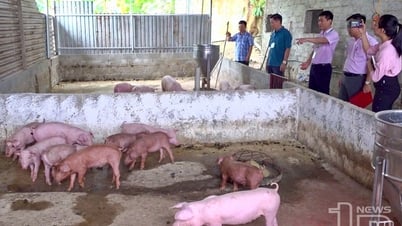


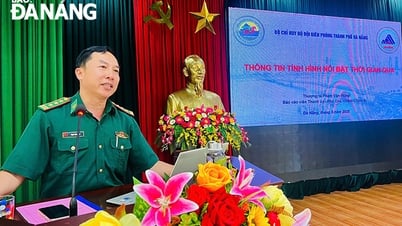



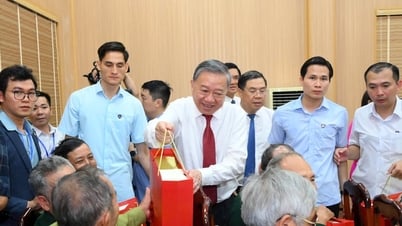






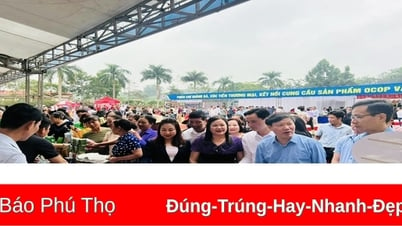


Comment (0)